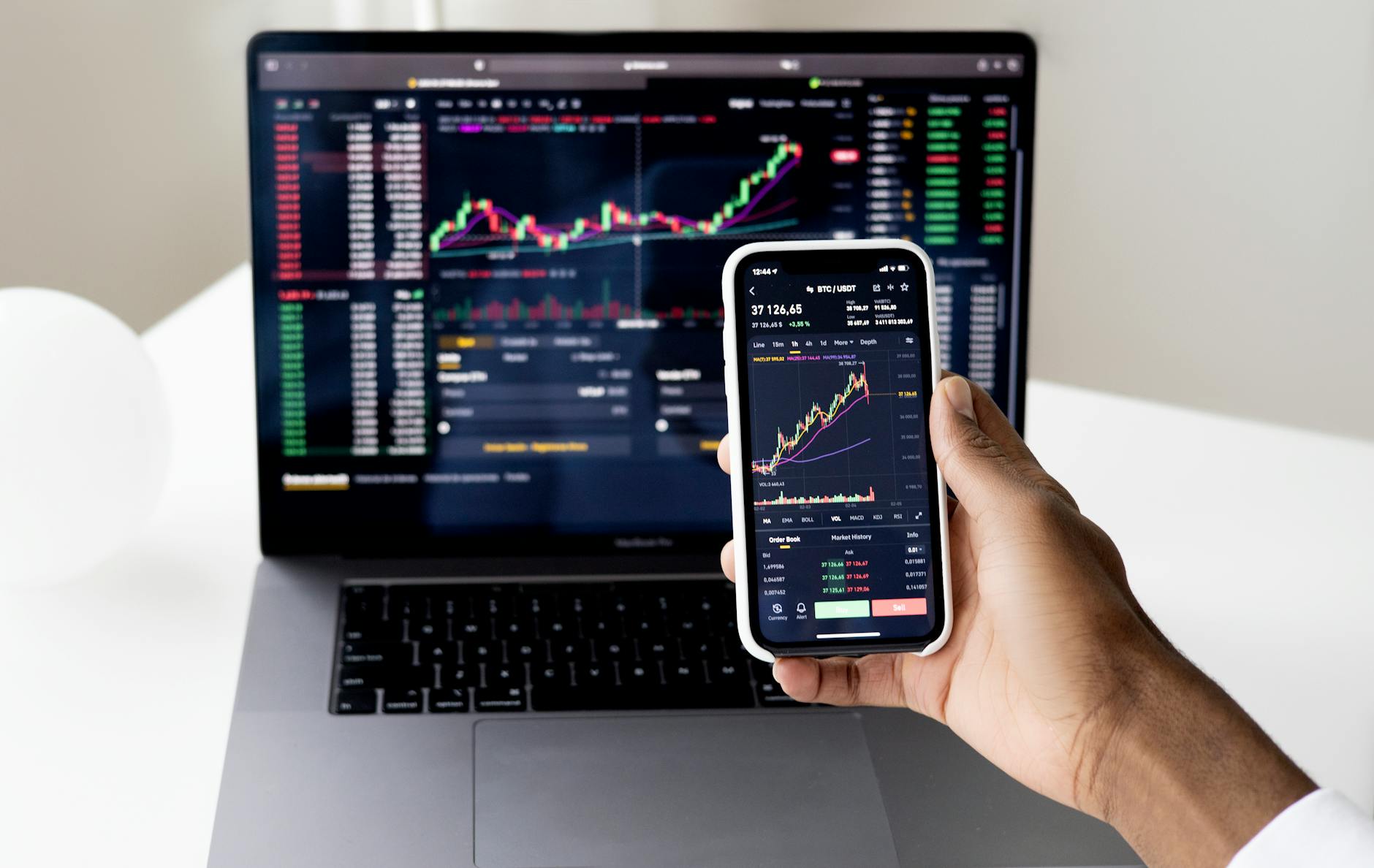Investing in mutual funds can be a great way to grow your wealth. But how and when do these funds actually trade? Understanding the trading process is crucial for making informed investment decisions. This guide breaks down the trading schedule for mutual funds, so you know exactly when to buy or sell your shares.
Trading Schedule Overview
Mutual funds operate differently than individual stocks. While stocks can be traded throughout the day, mutual funds usually trade at a specific time. Most mutual funds are priced and traded only once each day, typically after the market closes at 4 p.m. Eastern Time (ET). If you place an order before the cutoff time, you’ll receive that day’s price.

Photo by Anna Nekrashevich
How Orders are Executed
When you decide to buy or sell mutual fund shares, it’s important to know how orders are processed. If you submit your order before 4 p.m. ET, it will be executed at the fund's net asset value (NAV), which is calculated at the end of the trading day. This means that the price you see when placing your order may not be the price you get if you're placing it after the cutoff.
For example, if you place a buy order at 3:30 p.m. ET, your transaction will occur at that day's closing price. However, if you wait until 5:00 p.m. ET, your order will execute at the next trading day's price.
Cutoff Times for Orders
Every mutual fund has specific cutoff times, and it’s crucial to watch for these. Most funds enforce their cutoff at 4 p.m. ET, but some funds might have earlier cutoffs, especially if they trade on international markets. Always check the fund's prospectus or website for precise details.
Typical Cutoff Process
- Order Placement: Place your buy or sell order before the cutoff.
- Execution Timing: Orders are usually executed at 4 p.m. ET.
- Settling: Your transaction might post and be confirmed later in the evening, typically around 6 p.m. ET.
Understanding this process can help you avoid unexpected surprises in your investment strategy.
Impact of Trading Time on Performance
The time at which you trade can affect your overall returns in various ways. Since mutual funds are priced at the end of the day, it may seem less urgent to make quick trading decisions. However, market movements throughout the day can affect the NAV at 4 p.m. ET.
Imagine the stock market experiences a sudden drop in the afternoon. If you waited to place your order until after 4 p.m., you'd miss the chance to buy at a lower price. Keeping an eye on market trends can help you decide the best time to act.
Types of Orders
When trading mutual funds, investors generally have a few types of orders to choose from:
- Market Orders: This type of order is executed at the current NAV at the end of the trading day. It's straightforward and commonly used.
- Limit Orders: With a limit order, you specify a maximum price you're willing to pay or a minimum price for selling. This type won't execute unless your set price is met by the fund’s NAV.
- Exchange Orders: If you want to switch from one mutual fund to another within the same family of funds, an exchange order lets you do this.
Choosing the right order type can align your trading strategy with market conditions.
Why Mutual Funds Only Trade Once a Day
The single trading time for mutual funds simplifies the buying and selling process. Unlike stocks that can fluctuate in price throughout the day, mutual funds aim to provide a more stable pricing model. This approach helps reduce volatility and allows for a smoother transition of funds.
Trading once a day also aids in better fund management. Portfolio managers can make informed decisions about fund allocations without the pressure of daily price changes. This can lead to potentially better long-term performance for investors.
Conclusion
Knowing when mutual funds trade and how this affects your investments is essential. By understanding the trading schedule, cutoff times, and execution processes, you can make better investment decisions. Whether you're a seasoned investor or just starting, being aware of these factors will help you navigate the world of mutual fund trading with confidence.
Stay informed, plan your trades, and watch your investments grow!
